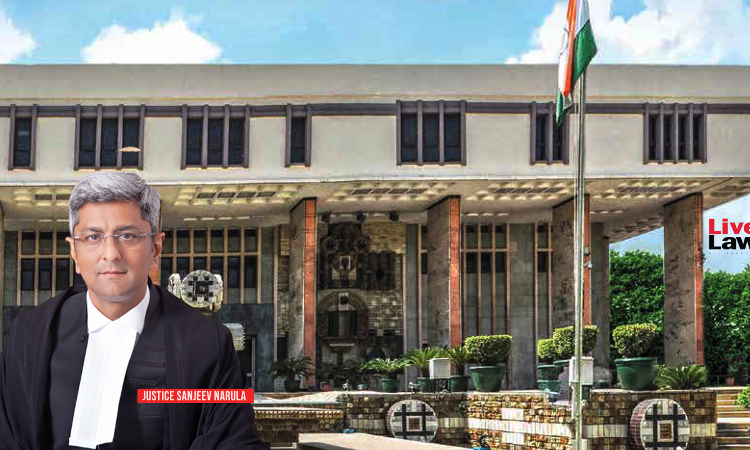Air Force Sports Complex Not A 'Public Authority' Under RTI Act: Delhi High Court
Sanjana Dadmi
8 Oct 2024 7:20 PM IST

Next Story
8 Oct 2024 7:20 PM IST
The Delhi High Court has observed that the Air Force Sports Complex (AFSC) is not a 'public authority' under the Right to Information Act, 2005 (RTI Act) on the ground that the government does not exercise significant control over AFSC and its operations are not dependant on funding from the government.Background: A single judge bench of Justice Sanjeev Narula was considering the AFSC's...
